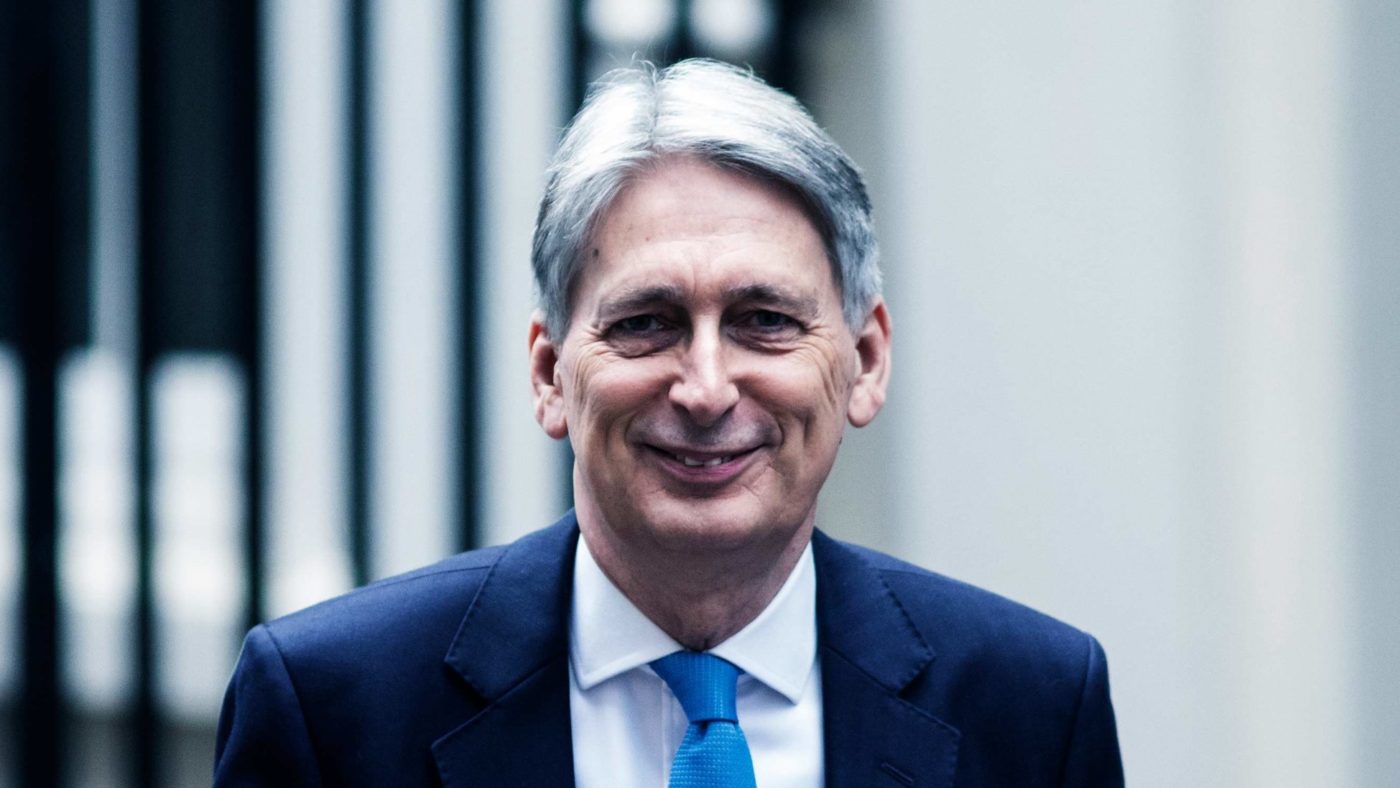In 2018 the government made three significant attempts to declare that the “age of austerity” most famously associated with George Osborne was finally at an end. Spin around the Spring Budget, a speech in October by Theresa May, and the Autumn Budget all declared austerity nearing its end.
Unfortunately, however, in the case of the UK austerity is not just for Christmas; it’s for life. You can pause it – and indeed the period around Brexit is a good time for that. You can wish it away. You can promise never to speak of it again. But ultimately austerity isn’t a choice. It’s just a matter of maths and you can’t hide from maths forever.
With the spending review around the corner, the Institute for Fiscal Studies today delivers a reminder of that fact. The think tank points out that the 2018 Budget implied cuts of 0.4 per cent per year to unprotected departments. That’s much less than the 3 per cent per annum cuts to such departments since 2010 – not so much an axe as a chopping knife, but the Chancellor has yet to tell us where the chopping knife will fall and may do so in the Spring Statement in mid March.
The IFS rightly notes that if there is a no deal Brexit the government current fiscal plans may be abandoned. For what it’s worth I’d guess most of the new no deal active fiscal action would focus on tax cuts not spending rises, though spending in some areas may rise automatically if economic growth takes a hit. On the other hand there would presumably be additional tariff revenues as well as no divorce bill £39bn to pay.
I’d guess that without a deal there would be cuts to corporation tax, VAT and employers’ NI. I’d recommend cutting corporation tax by around 5 per cent, VAT by around 1.5 per cent and employers’ NI by around 1.75 per cent. Lower corporation tax would encourage investment, lower employers’ NI would encourage employment, and lower VAT would partially offset the impacts of higher tariffs. The Chancellor may well announce something along these lines in that Spring statement, but perhaps he will be more cautious.
On tariffs, it’s nothing short of scandalous that the government has not yet told us what they will be in the event of no deal. We have a tariffs schedule posted at the WTO but no-one believes that schedule won’t change if there’s no deal. So what will it be? Tariffs on various beef products are 70-100 per cent. So if you are a business importing beef from Ireland is it going to be twice as expensive on March 30 as the day before? Or might tariffs on beef be removed, so if you currently import Australian beef it will be half as expensive on March 30 as the day before? Is the government not planning to tell businesses until Brexit day comes?
This tariffs issue is crucial to the fiscal debate because different tariff policies could make £10bn or more difference to government revenues. In principle, that could eliminate the problem the IFS identifies, in the short term, if the rest of the economy does not do too badly.
But even if that were to happen (and, for what it’s worth, my guess is that in No Deal the economy may grow as little as half a percent this year, cutting tax revenues and making the fiscal position worse), we’ll still need a sustained period of austerity during the 2020s, Brexit or no Brexit, and Brexit flourishing or Brexit flop. We need to get debt to GDP down towards 40 per cent once more – the level it was pre-Great Recession – before the next big recession hits. That means balanced budgets and surpluses sustained for nearly a decade.
A pause to austerity is appropriate while we get Brexit out of the way. But longer term we have to have austerity again. That’s just maths. The best place to get more cuts would be from the Health and Schools departments on which spending had risen too fast pre-crisis, causing the fiscal problem. While we continue to insulate them – indeed, raising spending further on Health – we force cuts in other department that have gone way beyond what was necessary or optimal. But, alas, the politics of health spending remains as foolishly confused as ever. If you want something to blame for the fact your police or diplomatic services or local authorities have too little spending, look no further than this fiscally toxic saying: “I heart NHS.”
CapX depends on the generosity of its readers. If you value what we do, please consider making a donation.


